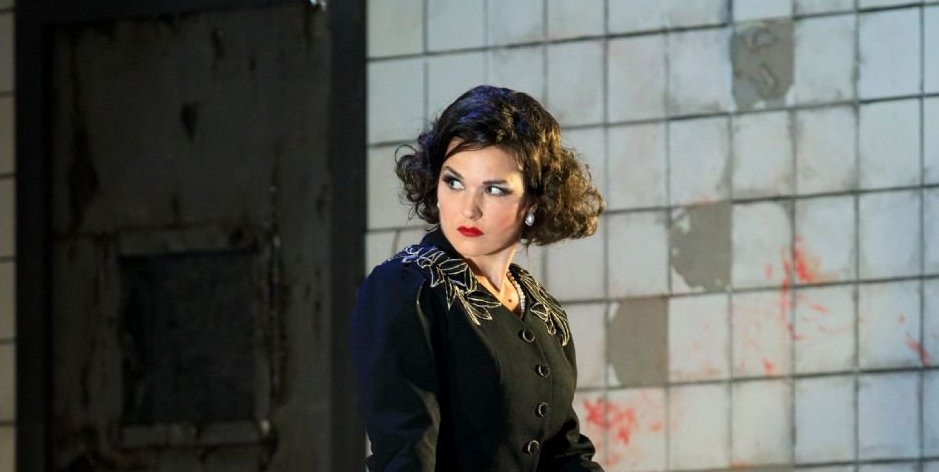The triumph of music and bel canto
Por Magda Ruggeri Marchetti
Bolonia. 7-May-2022. Municipal Theater. Lucrezia Borgia [Gaetano Donizetti / Felice Romani]. Olga Peretyatko [Lucrezia Borgia]Mirco Palazzi [Alfonso I d’Este]Stefan Pop [Gennaro]Lamia Beuque [Maffio Orsini]Cristiano Olivieri [Jeppo Livoretto] Tommaso Caramia [Don Apostolo Gazella]Tong Liu [Ascanio Petrucci]Stefano Consolini [Oloferno Vitellozzo]Nicol Donini [Gubetta]Pietro Picone [Rustighello]Luca Gallo [Astolfo]. Orchestra and Choir of the Teatro Comunale. Stage director: Silvia Paoli. Musical director: Yves Abel.
the premiere of Lucrezia Borgia It took place at the Teatro alla Scala on December 26, 1833 with uncertain success, immediately afterwards capturing the enthusiasm of the Milanese public. Derived from Victor Hugo’s drama of the same name, it became one of Donizetti’s most popular operas despite numerous problems with censorship. This co-production of the Teatro Comunale with the Auditorio de Tenerife, the Oviedo opera house, where it has already been performed, and the Teatro de la Maestranza in Seville, uses the stage direction of Silvia Paoliwhich transfers the action to the fascist Italy of the 1930s on the eve of the racial laws, because «being the work strongly characterized in “masculine”, [le pareca] that the period fits perfectly with that sense of phallocracy that appealed to the myth of virility also in architecture» and to the model of female behavior of hidden vices and public virtues. After reading various biographies, he has become convinced that Lucrecia has been used by her father and her brother to rise to power. For this reason, he has decided to use as a stage a slaughterhouse «a place of death where through torture food is prepared for others. […] because the duchess is a pawn of power games, she is slaughterhouse meat ». In that space he places two divans or a long table where the fascists mess with the prostitutes.
Continued is the reduction of women to this role, and we come to see them as naked slaves inside a cage where they are flogged and then three of them are taken out to hang from the hooks of the slaughterhouse. At this point the public has rebelled with loud boos and shouts of “Shame! Shame!” Again we think that this stark and bloody mise-en-scène does not bring anything new because Donizetti presents us with a woman accustomed to violence, but who is also a mother worried about the fate of her secret son Gennaro, whom she protects and loves deeply.
–


